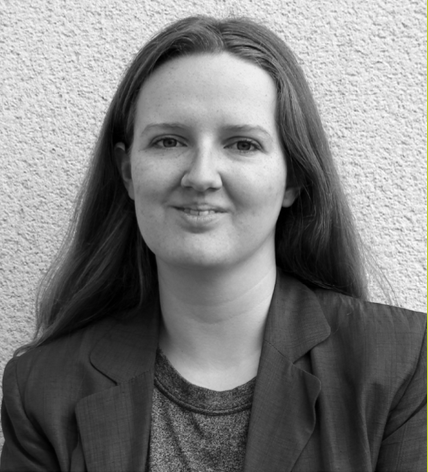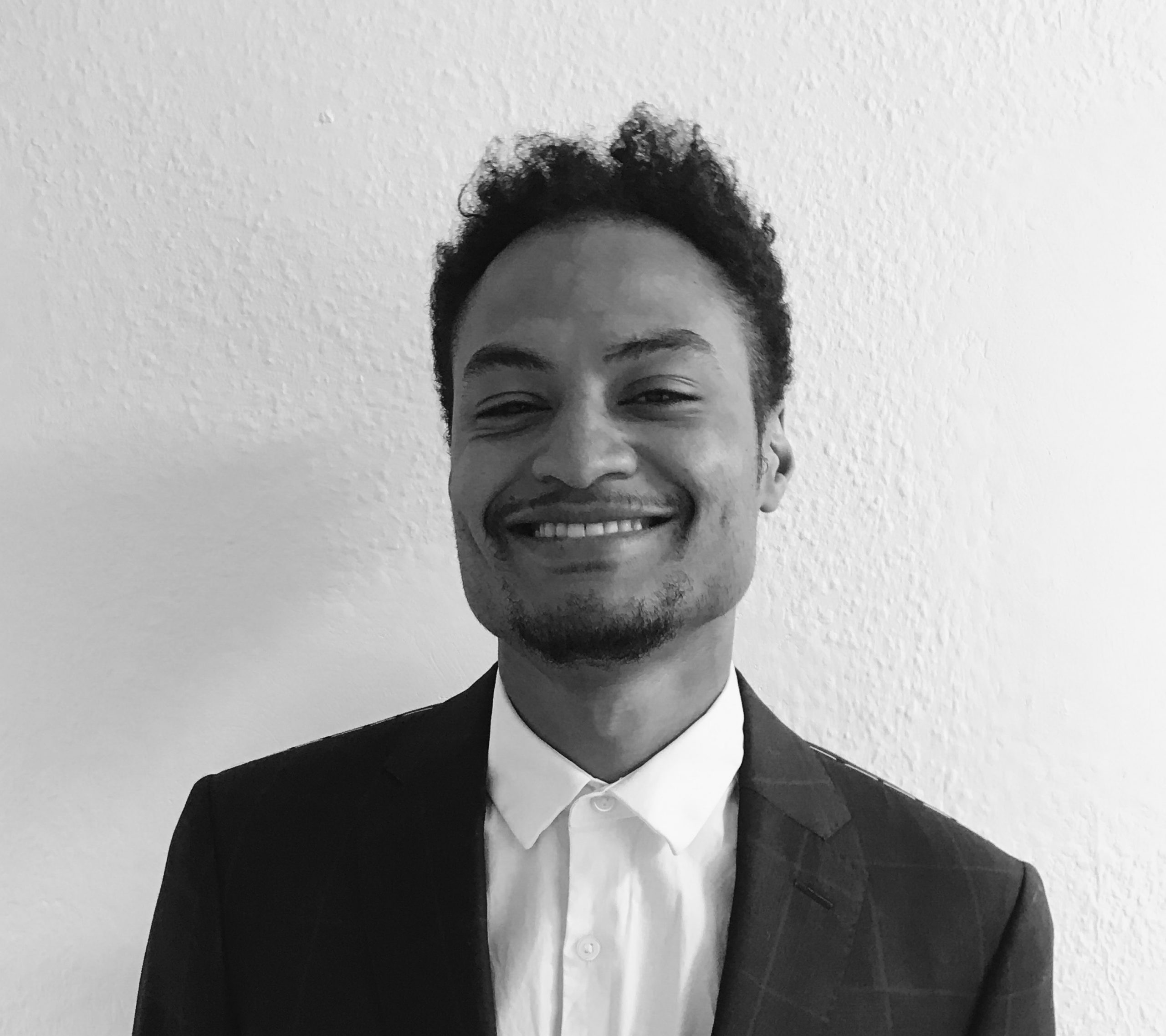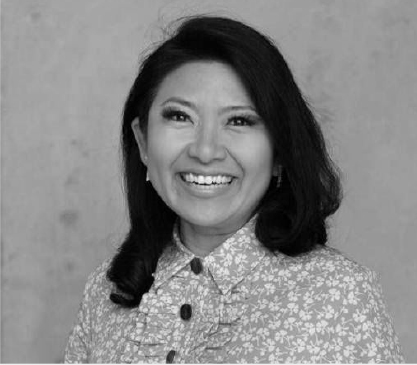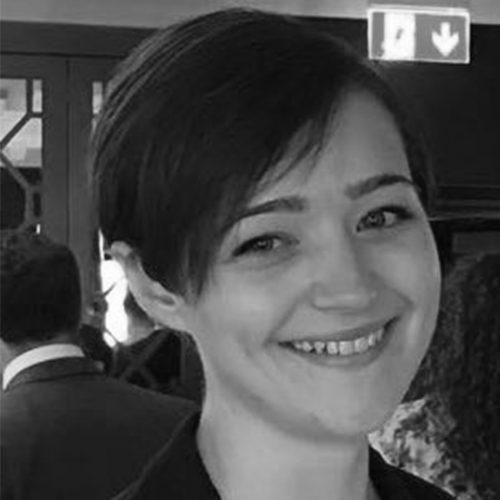
Our mission:
Doppelhaus believe that sustainable fashion cannot be a luxury. It needs to be accessible to all if we are to make a difference.
In a world where everyone needs affordable clothes, yet 60% of new clothes are made from virgin polyester (a plastic polymer, made from oil) just because it’s cheap – Doppelhaus realised we need to start from scratch with textile materials and rethink the way they are made.
about doppelhaus
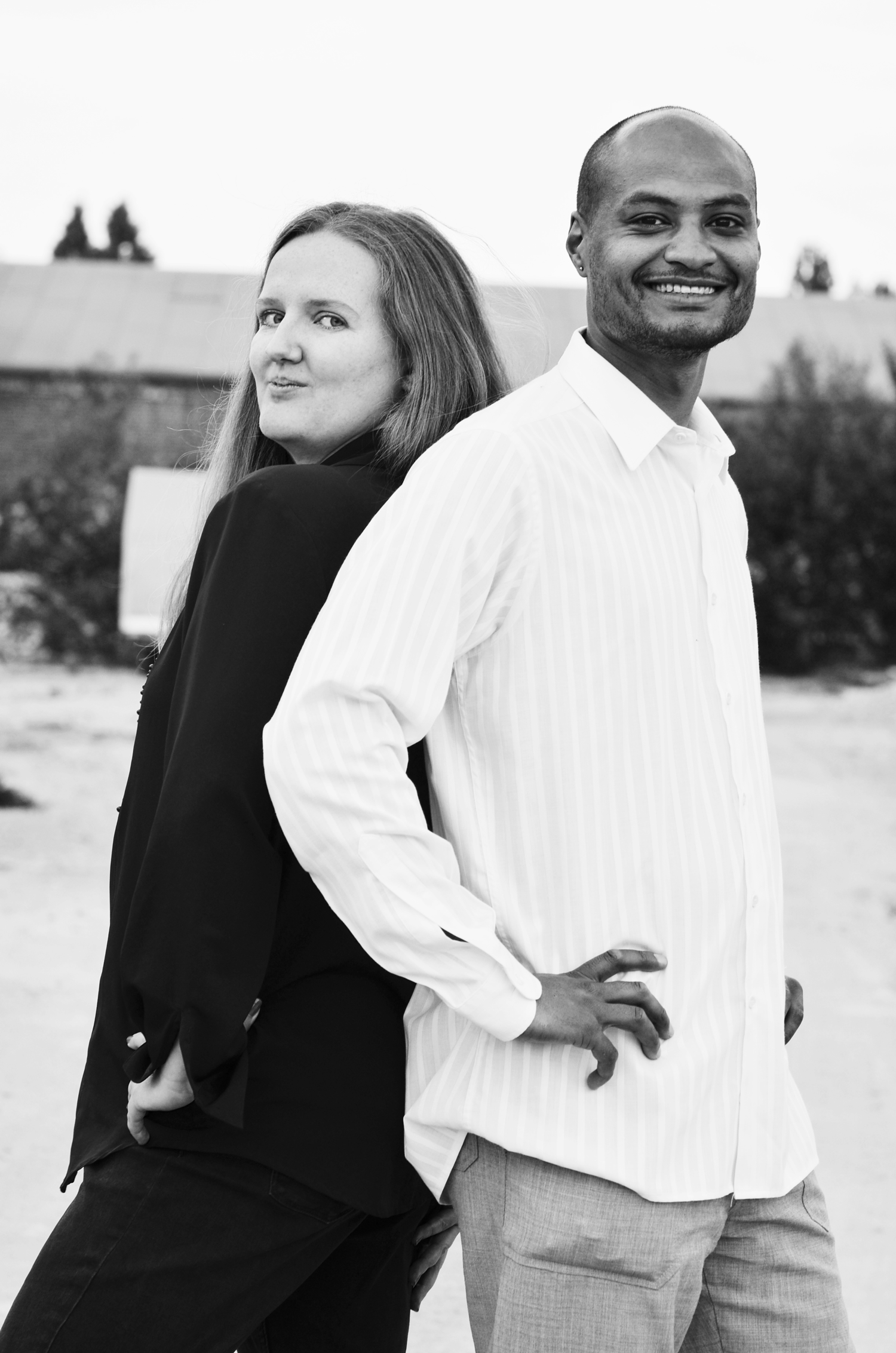
Doppelhaus was founded by Martin Brambley and Yolanda Leask during their fashion and textile design studies in London and Berlin.
Having grown up in the age of ‘fast fashion’, they became ever more aware that the fashion industry was a major cause of environmental pollution and climate change. To engage with the fashion industry as designers, and end up contributing to this problem rather than solving it, did not sit well with Martin and Yolanda. They decided they would have the most impact by creating their own sustainable materials fit for a circular low-carbon fashion industry of the future – one that fights climate change while continuing to address the global need for new clothes for a growing population.
Doppelhaus take a radically different approach to textile design. Doppelhaus make use of efficient nonwoven textile production techniques that have never before been used to make fabrics for fashion. These highly automated techniques are designed for mass production – yet were originally designed for bonding synthetic fibres. Doppelhaus ‘hack’ these technologies to process different, natural fibres, like sheep’s wool. The result is natural, ecological fabrics for a lower environmental and production cost – designed in line with cradle to cradle principles.
Photo: Bernardo Aviles Busch
nonwoven textile design
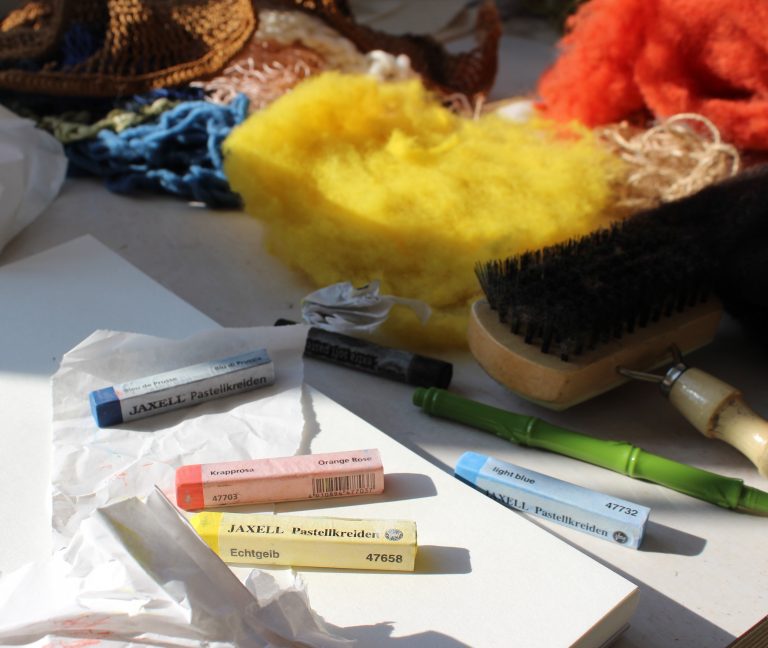
We see ourselves as among the first ever nonwoven textile designers.
Our aim is to create aesthetically pleasing materials using nonwoven textile technologies that were originally conceived to produce technical materials only – with no thought to their look and feel. This way we can bring nonwoven textiles into new, design-driven markets like fashion and interior design.
A key difference between nonwoven textile design and knitted/woven/printed textile design is that you begin with the individual fibres – not with a finished, pre-made yarn.
The way the fibres interact follows different principles to weaving or knitting. It’s more akin to drawing with a fineliner than a fat felt pen! If fibres are blended, then the overall harmony is what is important. Doppelhaus have pioneered some innovative techniques to design the surface of nonwoven textiles in a way that saves dye and materials, yet still creates the biggest aesthetic impact.
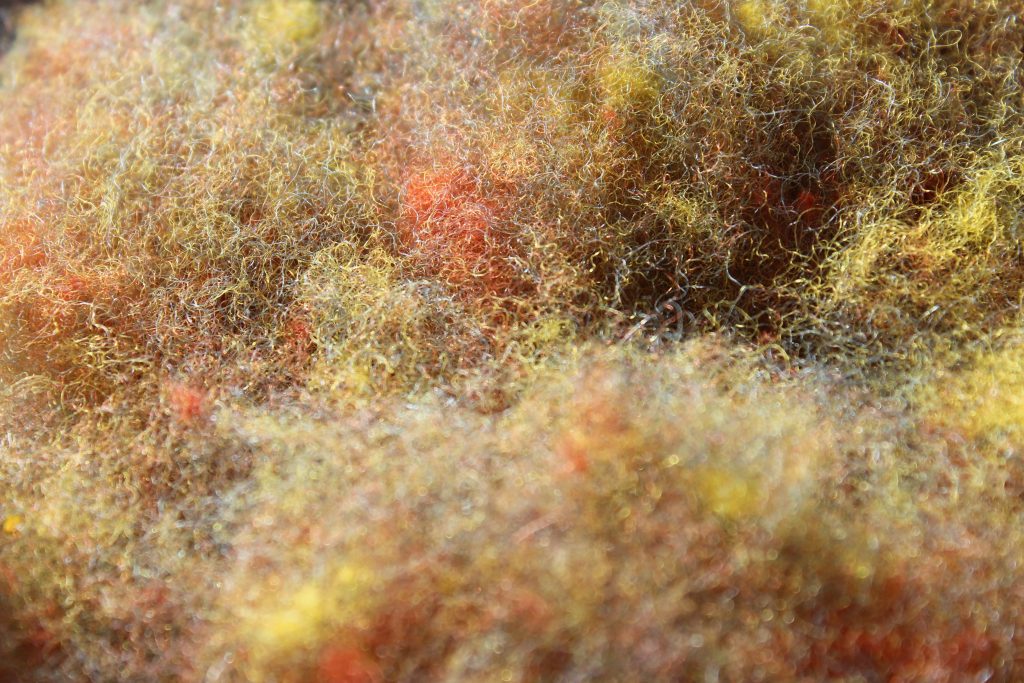
Reducing the environmental impact of fashion
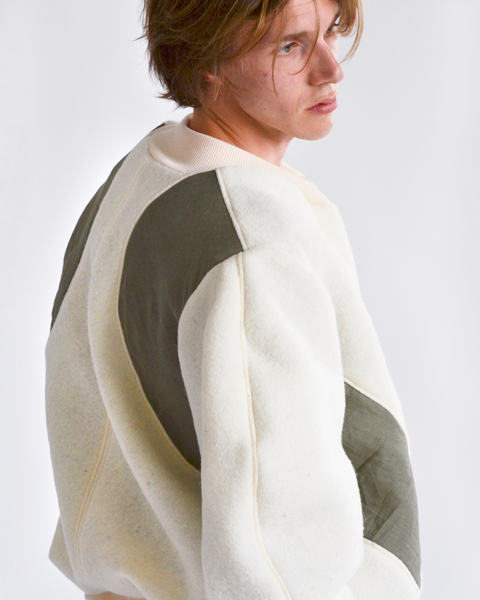
Fibre production, yarn spinning, dyeing and finishing and garment aftercare are the four biggest impact areas of fashion. With our materials we aim to combat all four:
- We only ever use fibres that already exist – which are either by-products of other industries, or waste materials. This way the production of our materials should never increase the carbon footprint of fashion attributed to fibres.
- Our nonwoven processes mean we do not need to spin any yarn. Our materials go straight from fibre to fabric, cutting out a lot of energy consumption at the manufacturing stage compared to woven and knitted materials.
- Dyeing and finishing is energy and water intensive. We only ever have our materials dyed or finished on demand. We only dye and finish materials in the UK and Germany, at firms with high environmental standards. We never mass produce a material in a colour without this being specified by our customers. A key part of our customer service is informing fashion designers about the impact of their design choices.
- We design material that require very little washing and absolutely no tumble drying. Typically you can air out your garment to reduce how often it needs to be washed.
THE TEAM BEHIND DOPPELHAUS
